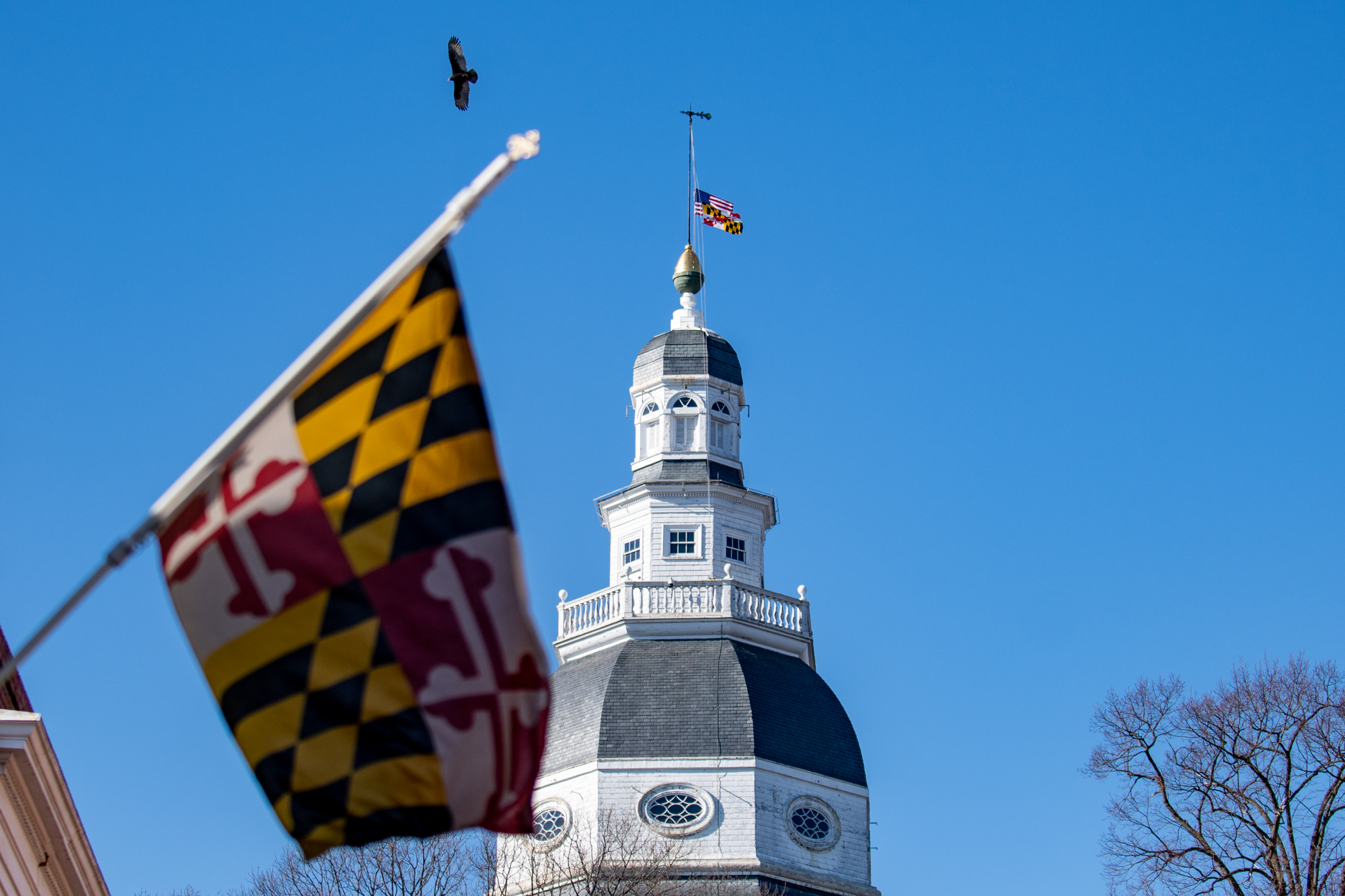Members of the University of Maryland’s chapter of the AAUP voted overwhelmingly to pursue collective bargaining legislation for all faculty in the the University System of Maryland.
In December 2021, the Maryland General Assembly voted to allow for a consolidated agreement for those who already had collective bargaining rights, overriding a veto on this bill from outgoing Gov. Larry Hogan. Not all faculty members were included in this legislation.
Over 96 percent of members of the Association of American University Professors chapter voted in favor of a campaign for collective bargaining rights for faculty members in the system, according to the chapter’s Twitter on Friday. The campaign will target the Maryland General Assembly during its spring legislative session.
[UMD employees discuss priorities for contract at AFSCME new member event]
“This shows how strong support is for securing this right for university workers in the State of Maryland,” this university’s AAUP chapter Tweeted. “The right to bargain collectively is the basis for creating a fairer, more equitable, more inclusive workplace for us all.”
This university’s AAUP chapter is an organization that advocates for faculty interests and build solidarity among all university workers, according to its website.
Existing Maryland collective bargaining laws also exclude student employees and graduate workers. Graduate assistants and faculty at this university have been advocating for collective bargaining rights for years, which would allow them to unionize and negotiate their own contracts.
“With the election of a Democratic governor and a renewed emphasis on organizing in higher ed, we have a real opportunity to make this change happen in the coming legislative session,” the AAUP chapter tweeted.
CORRECTION: A previous version of this story misstated that the Maryland General Assembly voted in December 2021 to give union employees at USM institutions collective bargaining rights. The legislation allowed for a consolidated agreement for those who already had collective bargaining rights. This story has been updated.



